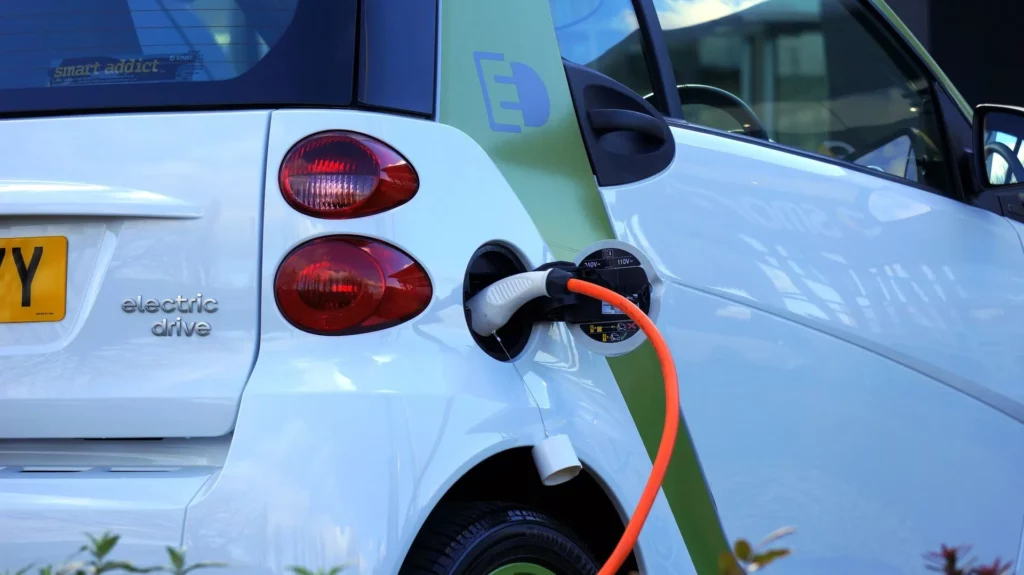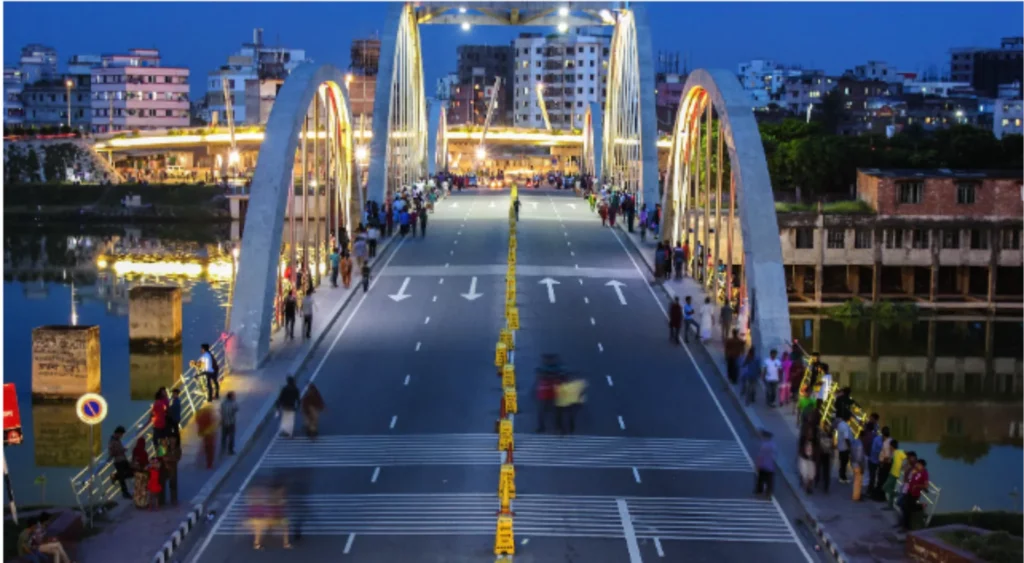By: Tess Kalinowski, a Toronto-based reporter covering real estate for the Star.
Toronto is taking a 180-degree turn in its approach to the amount of parking builders will be required to incorporate in new developments.
In the past, the city has required a minimum amount of parking based on the use and location of new buildings. But a review of parking regulations this year will instead consider the maximum amount of car parking developers can build in their projects.
It is Toronto’s first parking review since 2013, says a report by planning staff to the city’s planning and housing committee last month. It says the turnaround from parking minimums to maximums will protect the city from an oversupply of parking in the future, it said.
The review also reflects the city’s growing focus on environmental and affordability issues, said Toronto transportation planning program manager Michael Hain.
“From the environmental perspective this is really trying to shift away from car use and it’s about making it easier to implement different sorts of housing so people can live in the housing they want and increase the supply so hopefully prices can come down,” he said.
Between 1986 and 2016, car ownership declined from 1.2 vehicles per household to 1.02. Most of that drop was due to decreasing car ownership in apartments, where it went from 0.84 cars per household to 0.72 cars.
Richard Lyall, president of RESCON, the residential builders’ association, says the city parking review is overdue, given the falling interest in car ownership by young people, the proliferation of car-sharing and the likelihood of automated vehicles in the future.
He said it costs between $50,000 and $100,000 to build a single parking spot. That cost is passed on to homebuyers, an increasing number of whom no longer want or can afford to own cars.
Most parking is built underground and, in the downtown, water tends to complicate the construction, said Lyall.
“I was just on a call with a rental development company trying to reduce the amount of parking required because they say once they get four levels underground that makes the project impractical,” he said.
In downtown Toronto, known as Policy Area 1, builders are supposed to provide 0.3 parking spots for a bachelor condo up to 484 sq. ft; 1 spot for a bigger bachelor; 0.5 parking spots for each one-bedroom condo; 0.8 spaces for a two-bedroom unit and 1 parking stall for condos with three or more bedrooms.
The city says it is already showing flexibility on the policy. Forty-six per cent — 473 of 1,033 — of development applications that received at least one approval in the fourth quarter of 2019 had parking below the minimum standard. In mixed-use developments, which may or may not include residential units, 81 per cent received approvals with less than the minimum parking requirements.
But in building applications for single homes and townhouses, 76 per cent received approval for more parking than the rules require.
“Every (development) application involves negotiation,” said Hain. “The city is quite willing to work with developers to trade-off parking in favour of other features we want to achieve like more public ground space for pedestrians, more bike parking, better amenities for the community.”
Among downtown home buyers, the desire for parking has declined in the last decade, said realtor Andrew Harrild of Condos.ca. Ten years ago, a unit without a parking spot might be considered less valuable.
That’s no longer the case downtown where there are transportation alternatives.
“For a smaller unit, a bachelor or one-bedroom, it doesn’t hurt re-sale value if the condo comes without parking,” he said.
The cost of a parking spot can be the difference between a first-time buyer being able to afford a condo or not.
“I can see it being a boon for first-time buyers who might be able to put that $50,000 or $60,000 towards maybe buying a bit more space, maybe getting a den and reducing the monthly fees,” said Harrild.
And it’s not just a one-time cost. Monthly maintenance fees on a home owner’s parking spot are about $50 or $60 a month but can run as much as $120, he said.
Linda Brett, president of the Bloor East Neighbourhood Association appeared before the planning and housing committee urging the city to include property managers and condo reserve fund experts in the parking review consultations.
She said buildings struggle to accommodate visitor parking and service vehicles that may need to be parked for extended periods. A full schedule of regular service and repair appointments and renovations by individual unit-holders can tax available parking, she said.
“As a building ages, the repairs and renovations to units within the building add to that demand,” wrote Brett, who said service vehicles end up in pay-and-display parking spots on the street when buildings don’t have enough space on-site.
Hain said staff will be holding public consultations and report back on the parking review by the end of the year.
Asurza Engineers Ltd. – www.asurza.ca – Ontario, Canada.





